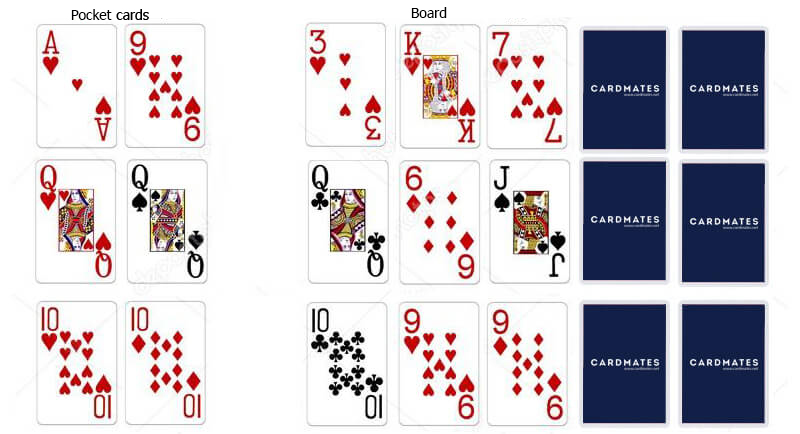Absolute Nuts Poker
Here, because Darvin held the Ace of Spades, he had a hand regarded as the ‘exclusive nuts’ – one which can’t be beaten in any scenario in accordance with the five community cards. Tournament rules state the player who holds an undisputed winning hand on the final round of betting, is last to act, and either checks or flat-calls (calling after one bet), will receive a penalty. This rule refers only to undisputed winning hands as opposed to a nut-straight which is a tied hand.
Why is Checking the Nuts Disallowed?
The disallowing of checking or flat-calling with the nuts is a rule usually only implemented in tournaments, and not cash games. The main reason behind ruling against this practice is to avoid any potential collusion between two or more players – in this sense, collusion would be a prior agreement between players to obtain an unfair advantage within the competition by deceiving or misleading other players.

Absolute Nuts Poker Rules
All You Poker Stars, Don't Tilt-VC Poker Is the Absolute Nuts! Read full article. April 19, 2011, 6:14 AM. Andy Horne, head of poker at Victor Chandler, said, 'With over 60 years experience in. In this example, the absolute nuts is any hole card that contains a 6. Your opponent was betting into your full house with a set and was a big dog in the hand until they got the nuts on the river, with the 6 completing quad sixes.
In a tournament, if players sitting on the same table work together, then they can theoretically increase their chances of winning as they are no longer playing against each other, and using previously agreed upon tactics to garner information about other players, and attempt to both remain in the competition as long as possible.

An example of collusion when not betting with the best hand:
- Player A and player C are working in tandem.
- The turn comes and gives player C (acting last) the nut flush, obviously unbeknownst to his/her partner.
- Players A, B and C remain in the round.
- Player A lays down a relatively large bet with two-pair and Player B folds.
- Player C calls.
- The river comes, Player A checks followed by a check from Player C.


Player A and Player C have no reason to bet against each other on the final round because neither wants to kick the other out of the tournament. There can be many scenarios where if people have arranged beforehand to work together, that checking or flat-calling a nut hand would work to their benefit.
However, most cases where checking the nuts occurs is a result of a player misreading their hand or is unaware of the rule and wants to see what the other player had (as seen above), knowing their opponent would most likely fold to any potential bet and muck their hand. Sometimes, a player mightn’t want to eliminate another player for tactical reasons (not collusion) such as gaining more information about other players’ style.
Obviously, we do not condone collusion. If you find yourself in a position where it is you to act last and you hold the nuts, it is advisable to bet anyway, as you could end up winning a whole lot more than if you were to flat-call or do nothing.
Absolute Nuts Poker Game

Absolute Nuts Poker Games
Why does the rule not apply in cash games?
In cash games, if a player remains in the game after being checked to by someone with the nuts, it doesn’t really impact anyone else at the table. However, in a tournament, if that same player remains in the game courtesy of some slow-play from their opponent with the nuts, it can have a significant impact.